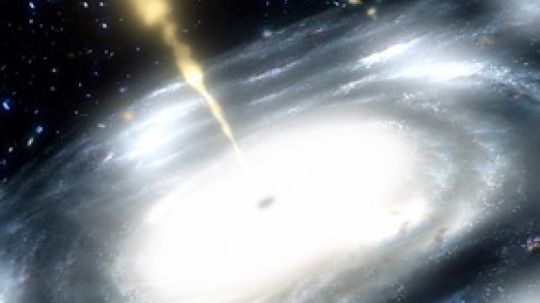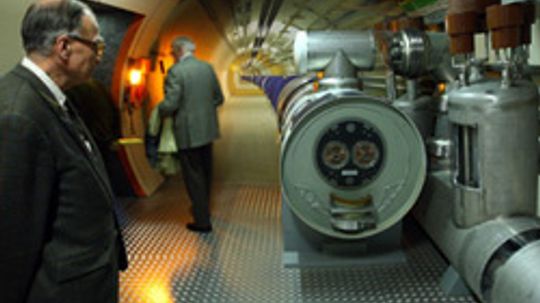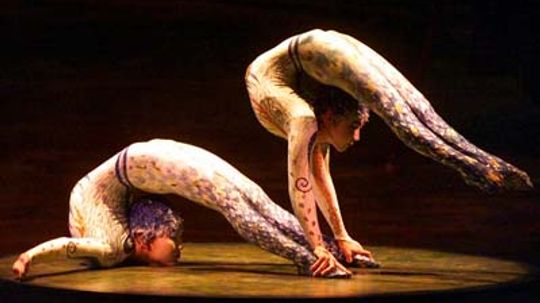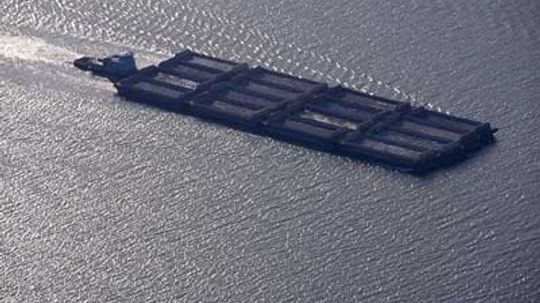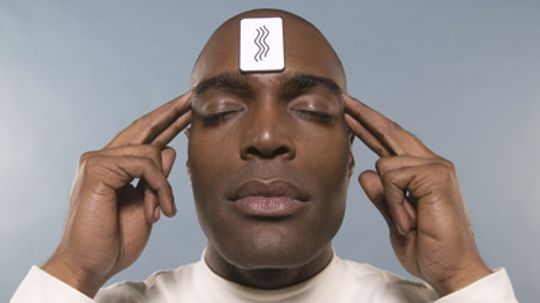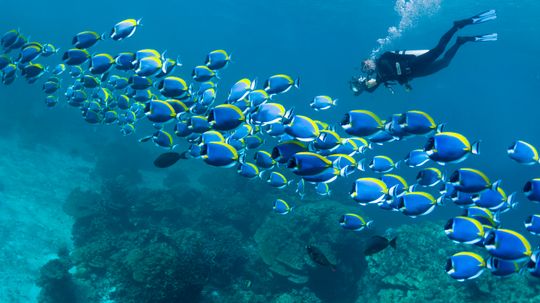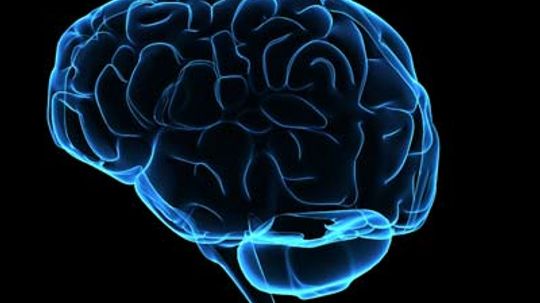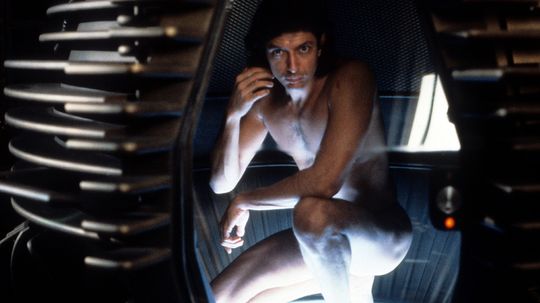Science Versus Myth
Are vampires real? What is an out-of-body experience? Are crop circles proof that aliens exist? HowStuffWorks explores what is real and what is urban legend with this collection of Science Versus Myth articles.

Top 10 Ghost Tours

Top 10 Hotels That Will Scare the Daylights Out of You

What's So Scary About The Winchester House Story?
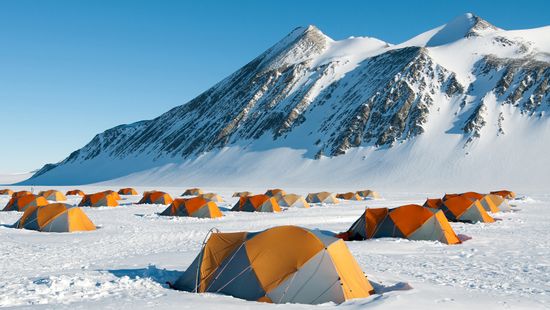
The Pyramid in Antarctica Isn't Actually a Pyramid

The Spiritual Awakening Signaled by the 757 Angel Number

8888 Angel Number Meaning: Prosperity, Abundance, and Spiritual Growth

Spirit Guides Bring Believers Comfort, Insight, and Aid

Psychic Powers: Fun to Consider, Even Without Scientific Support

How to Manifest Love: Merging Mind and Heart
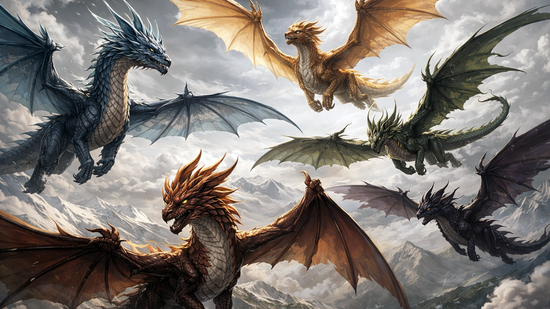
What Is a Group of Dragons Called? It's Almost Too Obvious

The Beast of Bray Road: Wisconsin's Claim to Cryptid Fame

Lougawou: A Haitian Vodou Werewolf

Do Marfa Lights Come From UFOs, Cars, the Military or Ghosts?

Solfeggio Frequencies: Healing Tones or Pseudoscience?

Is Sacred Geometry Related to Science or Is It Simply Beautiful?

What If Cows Didn't Exist?

What If Earth's Magnetic Field Flipped?

What If Humans Could Breathe Underwater?
Learn More / Page 14
Call up your travel agent because we're booking a one-way flight to an exotic, five-star black hole. What are you in store for on this unique journey?
Quantum physics is a term that's interchangeable with "quantum mechanics." It deals with matter and energy at the smallest scale available: the atomic and subatomic realms. Take a look at these quantum physics pictures.
Relativity is like a triple-scoop ice cream cone; most of us just can't gobble it down in one bite, not without experiencing some serious brain freeze. So let's take it one delicious relative scoop at a time.
By Robert Lamb
Advertisement
The world's intelligentsia has managed to convince us that the Earth is round and makes a full rotation once every 24 hours. Why can't they agree on the effects of that rotation on toilets and ball games?
Do you believe in aliens? If you do, you certainly aren't alone. Stories of flying saucers abducting people and planes have existed since the dawn of flight. See whether you think these pictures scream Photoshop or for real.
By Rick Mayda
Can you do creepy, bendy things with your fingers that freak out your friends? You might have been called double-jointed. What's really going on with those joints of yours?
By Tom Scheve
Do you relish the thought of finding yourself face-to-face with a ghost? Do your favorite historical sites all have human suffering in common? If ghosts are your pleasure, then you may want to visit the cities on our list.
By Sarah Winkler & Mark Boyer
Advertisement
It's not cool when a ghost drags you out of your hotel bed. Unless, of course, you're into that kind of thing. What hotels provide such fright?
You know how when you're bored, time seems to move at a snail's pace, but when you're having fun it goes by all too quickly? Einstein called it time dilation.
By John Fuller
Why was the eccentric heiress Sarah Winchester consumed with transforming her six-room farmhouse into a creepy labyrinth?
Surfer and physicist A. Garrett Lisi may have solved one of physics' greatest mysteries -- the theory of everything. It's a mathematical link to how the universe works.
By Josh Clark
Advertisement
I've wondered about this since I was a child and used to spin around and around. I know it has something to do with our ears, but what exactly makes people dizzy when they spin?
The standard definition of floating was first recorded by Archimedes and goes something like this: An object in a fluid experiences an upward force equal to the weight of the fluid displaced by the object. So how does the water get displaced to keep a boat afloat?
By Yara Simón
The practice of hypnotism dates back centuries, and there are those who swear by its validity. Whether you're a skeptic or a believer, hypnosis is an interesting phenomenon. Check it out -- and let us know if you start to bark like a dog.
By Tom Harris
Nostradamus is said to have predicted the rises of Napoleon and Hitler, the destruction of the World Trade Center and even the COVID-19 pandemic. But was this 15th-century astrologer really that smart?
Advertisement
The vampire legend has been evolving for centuries. The most common image of the vampire was born in Bram Stoker's novel "Dracula" in 1897, but the stories go back further than that. Learn all about the undead.
By Tom Harris
The word "nirvana" gets thrown around in conversation all the time, often to describe a state of joy or supreme happiness. Actually, it's more than that -- a whole lot more. Find out what nirvana is.
By Tom Harris
Have you ever had a dream that came true? Or called a friend at the exact moment he was calling you? Most of us have had some sort of paranormal experience. Is this evidence of the existence of ESP?
By Tom Harris
You've heard the saying for ages, but exactly why is it so dangerous to go swimming right after you eat?
Advertisement
A CART race at Texas Motor Speedway was cancelled because the G-forces on the drivers were too high. How can you calculate the G-forces, and how do the cars generate forces that high?
Saturation diving hinges on the idea that the dissolved gases in our blood and body tissues match those in our lungs. This deep-sea exploration method allows divers to work at extreme depths without constantly surfacing. Learn how it works.
Déjà vu is used to describe the feeling that you experienced a situation before. What causes this phenomenon? It's not a glitch in the matrix, but most of our knowledge on the subject is still theoretical.
By Yara Simón
You may have noticed that we're all constantly traveling into the future. But what if you were interested in dancing through the fourth dimension more deftly than the next guy? How might you do that?
By Kevin Bonsor & Robert Lamb
Advertisement
Looking forward to instantaneous travel? The Star Trek teleporter is one step closer to reality. Scientists have now teleported a laser beam. Could humans be next?
By Kevin Bonsor & Robert Lamb
Ever wonder why we start our year on the first of January? Or why we have January and the other 11 months in the first place? Find out all about time.
